After dominating the 2022 F1 season, Max Verstappen is looking to make it three championship wins on the bounce in 2023.
The Dutchman's 2022 title-winning Red Bull RB18 set new records for a single season of F1, winning 17 of the 22 races and scoring a record 759 points.
The success of the RB18 means Red Bull will have a tough act to follow with their 2023 challenger, the RB19, and the team also have a reduction in permitted wind tunnel testing time to contend with.
With three months to go until the start of the 2023 F1 season, here are some of the challenges facing Red Bull as they seek to defend their 2022 titles with the RB19.
Viewed by others:
Red Bull's development hampered?
2021 saw the introduction of a wind tunnel handicap system, whereby the best-performing teams from the previous season spend less time in the wind tunnel compared to the worst-performing teams.
From 2022 onwards, the team finishing last in the Constructors' Championship gets 115% of a baseline allowance, decreasing by 5% per position until the winning constructor receives only 70% of the allotted allowance.
However, Red Bull have also been slapped with a 10% reduction of their allowance as part of their punishment for exceeding the budget cap, meaning the team will have just 63% of the allotted wind tunnel testing time, or 202 hours.
Many key figures from elsewhere in the paddock have suggested the punishment is too lenient, which has caused some frustration at Red Bull, not least from Technical Director Pierre Wache.
"It is our main tool of development during the year. It makes me a little bit angry when I see the comments from some people saying it's not a big penalty," Wache told RacingNews365.com.
"When you see how the rules are done, the handicap raise already affects us."
Permitted wind tunnel hours in 2023
| Championship Standings | Percentage | Hours permitted per development period | Team |
|---|---|---|---|
| 1 | 63 | 202 | Red Bull |
| 2 | 75 | 240 | Ferrari |
| 3 | 80 | 256 | Mercedes |
| 4 | 85 | 272 | Alpine |
| 5 | 90 | 288 | McLaren |
| 6 | 95 | 304 | Alfa Romeo |
| 7 | 100 | 320 | Aston Martin |
| 8 | 105 | 336 | Haas |
| 9 | 110 | 352 | AlphaTauri |
| 10 | 115 | 368 | Williams |
Trimming the fat from the RB18
F1's new technical regulations for 2022 resulted in the cars' minimum weight limit being raised from 752kg to 798kg, due to the new 18-inch wheels and improved safety features on the chassis.
However, the weight increase means the 2022 cars, laden with fuel, tipped the scales at around 908kg, making them some of the heaviest in the history of F1.
Several teams began the 2022 season with cars substantially over the weight limit, and Red Bull were no exception.
Asked by RacingNews365.com how much Red Bull were over the limit, Wache revealed: "It was close to 20 kilos at the beginning of the season," adding that the RB18 was still around 12 kilograms over the minimum permitted amount by the end of 2022.
"In any case, the car is still substantially too heavy. We can still improve on that next year. The other teams are much closer to the limit, so that's a lot of 'free lap time' as we would call it," said Wache.
Evolution, not revolution
With the RB18 having proved so successful, and the team's wind tunnel time having been reduced, it is perhaps no great surprise that Red Bull are concentrating on revising and updating their 2022 car, rather than pouring resources and energy into a new concept.
Speaking to Servus TV, Helmut Marko acknowledged that there would be no wholesale changes to Red Bull's design philosophy for the RB19.
"We always have a tradition of finishing our new car very shortly before the start of the season, but I think this year we will continue to work from our very successful RB18 car. We have less development time, which means we work more effectively. We will try to do that," said Marko.
"The technical regulation changes are not very drastic, so we can continue working from our good basic package. The entire Red Bull crew will also remain the same on the way to 2023 and Verstappen is still improving, so we are going into the new season full of optimism."
No power struggles at Red Bull
Red Bull also have continuity on the engine front for 2023 and beyond.
With previous supplier Honda having officially pulled out of F1 at the end of 2021, Red Bull registered their power units as RBPT (Red Bull Powertrains) for the 2022 season.
However, Red Bull retained a technical partnership with Honda, and the success of the 2022 season saw the initial agreement – which had provided for support until the end of 2023 – extended until the end of 2025.
Red Bull's 2022 power units were among the class of the field, proving to be quick and reliable, and with a development freeze in place until 2025, the drinks-backed squad look well placed retain their F1 power supremacy.
Also interesting:
F1 Podcast: A tech breakthrough and political firestorms
RacingNews365.com F1 journalists Dieter Rencken and Michael Butterworth look back on 2022 and discuss the key issues that emanated from a year of considerable change in F1.
Subscribe to our YouTube channel and don't miss a thing of Formula 1
Subscribe to our Youtube channelMost read
In this article
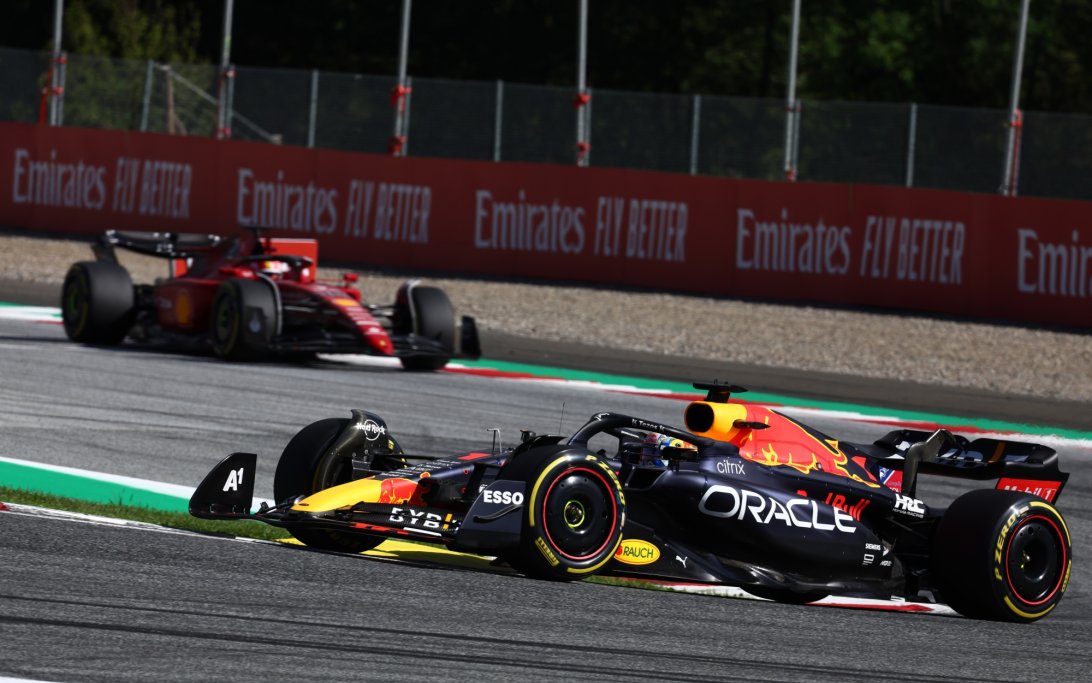
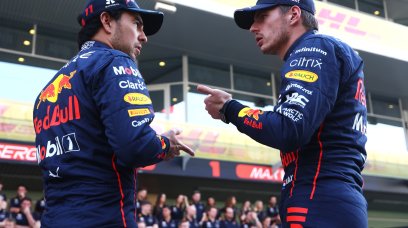
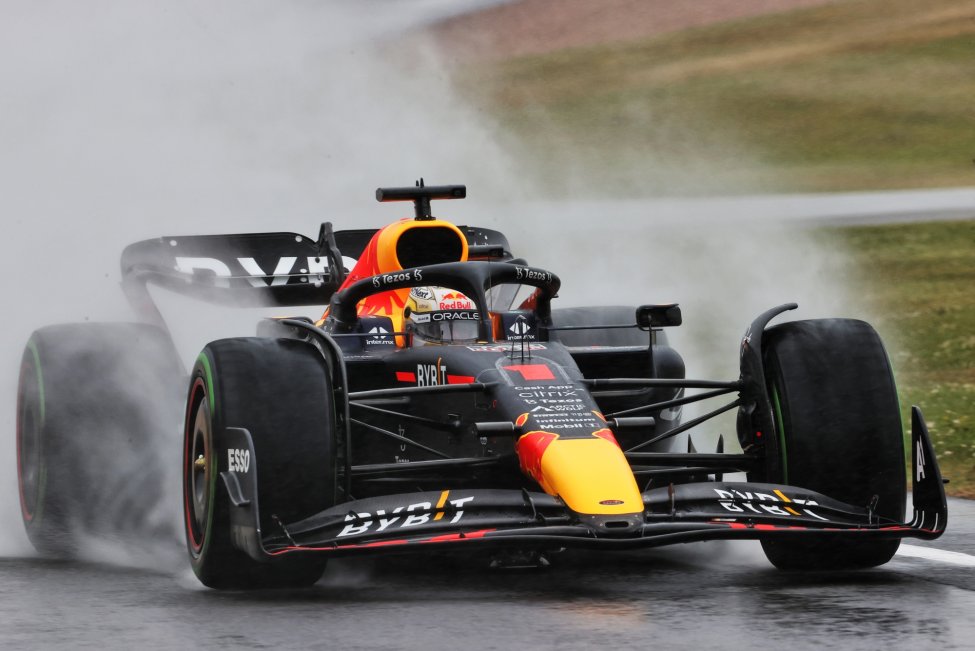


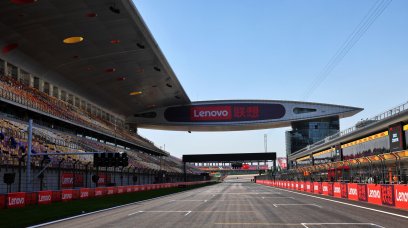



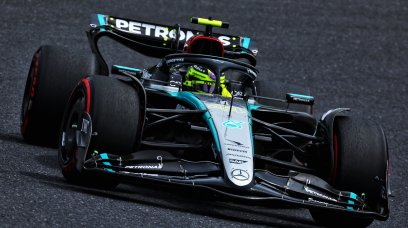
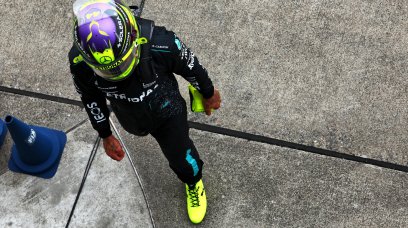


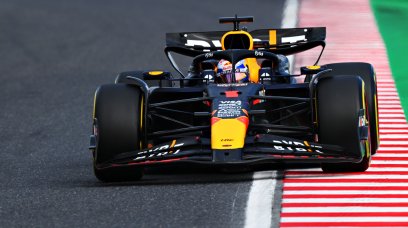












Join the conversation!